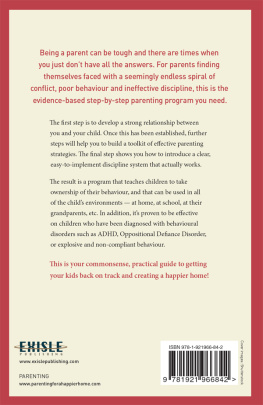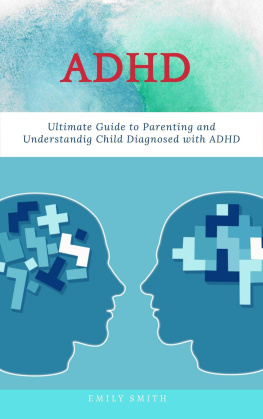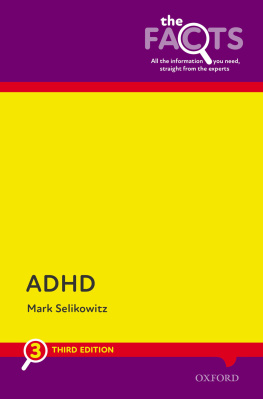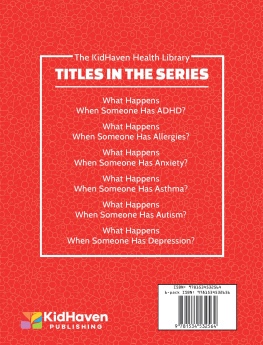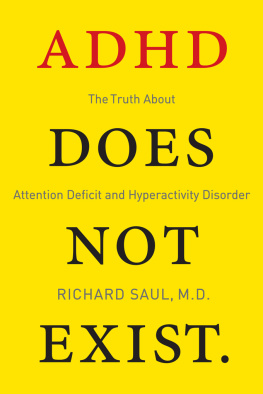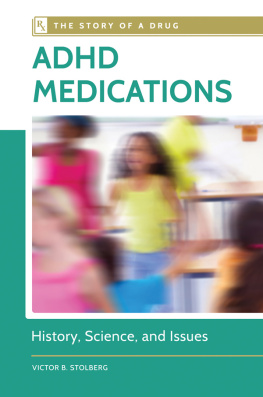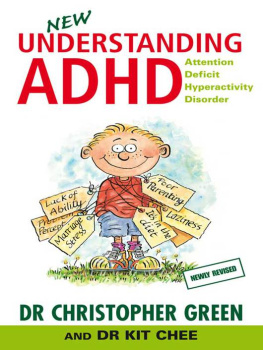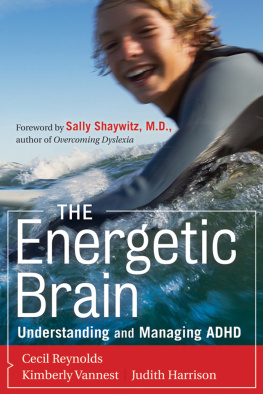First published 2014
Exisle Publishing Pty Ltd
Moonrising, Narone Creek Road, Wollombi, NSW 2325, Australia
P.O. Box 60490, Titirangi, Auckland 0642, New Zealand
www.exislepublishing.com
Copyright 2014 in text: Stuart Passmore
Stuart Passmore asserts the moral right to be identified as the author of this work.
All rights reserved. Except for short extracts for the purpose of review, no part of this book may be reproduced, stored in a retrieval system or transmitted in any form or by any means, whether electronic, mechanical, photocopying, recording or otherwise, without prior written permission from the publisher.
A CiP record for this book is available from the National Library of Australia.
ePub ISBN 978 1 77559 155 9
Design and typesetting by Tracey Gibbs
Illustrations by Rebecca Mills
Cover images courtesy of iStock.com Perkmeup Imagery, Jaroslaw Wojcik, gbh007; background pattern adapted from vectorstock.com SelenaMay
Disclaimer
This book is a general guide only and should never be a substitute for the skill,knowledge and experience of a qualified medical professional dealing with the facts, circumstances and symptoms of a particular case. The information presented in this book is based on the research, training and professional experience of the author, and is true and complete to the best of their knowledge. However, this book is intended only as an informative guide; it is not intended to replace or countermand the advice given by the readers personal medical team. Because each person and situation is unique, the author and the publisher urge the reader to check with a qualified healthcare professional before using any procedure where there is a question as to its appropriateness. The author, publisher and their distributors are not responsible for any adverse effects or consequences resulting from the use of the information in this book. It is the responsibility of the reader to consult a qualified healthcare professional regarding their personal care. This book contains references to products that may not be available everywhere. The intent of the information provided is to be helpful; however, there is no guarantee of results associated with the information provided. Use of brand names is for educational purposes only and does not imply endorsement.
Stuart Passmore is a psychologist in private practice, with extensive experience in working with individuals, couples and families. Stuart specialises in parenting children with behavioural disorders and noncompliant behaviour. He also specialises in the treatment of posttraumatic stress disorder (PTSD). When Stuart is not in the office, he is busy writing a series on evidenced-based parenting or spending time with his wife and children.
Thank you to my wife and children for the blessing that you are.
CHAPTER 1
Defining attention deficit hyperactivity disorder (ADHD)
A child receiving a diagnosis of attention deficit hyperactivity disorder (ADHD) is often very difficult for the parents and it can be even harder to come to terms with. After what seems to be a lengthy assessment process, that final diagnosis can be met with hurt, anger, disappointment and even self-blame. In my experience, parents often feel scared, vulnerable and very confused and have lots of questions that need to be answered about the assessment process and the results. What is ADHD, how did it start, is it something we did or didnt do, can it be fixed, how is it fixed, does our child have to take medication, and will he have to take medication for the rest of his life? are just some of the most common questions asked by parents.
Attention deficit hyperactivity disorder is defined as a neurodevelopmental disorder that begins to show signs and symptoms in young children. According to the Diagnostic and Statistical Manual of Mental Disorders (or the DSM), which provides the standard criteria for the classification of mental disorders for mental health professionals, symptoms of ADHD can be visible in the kindergarten-aged child. Often there will be certain behaviours that alert the kindergarten teacher, schoolteacher or the parents that something about the childs behaviour is not quite right, or as some people say, not quite normal. ADHD has three core symptomsinattention, hyperactivity and impulsivityand these are revealed by a number of different behaviours the child constantly engages in. The DSM also categorises ADHD into three types based on these core symptoms:
- ADHD, Combined Type: both inattention and hyperactivityimpulsivity.
- ADHD, Predominantly Inattentive Type: inattention, but not enough (at least six out of nine) hyperactivityimpulsivity symptoms.
- ADHD, Predominantly HyperactiveImpulsive Type: hyperactivityimpulsivity, but not enough (at least six out of nine) inattention symptoms.
CASE STUDY
A ten-year-old boy was referred to my clinic by his school as his teacher was quite concerned with his behaviour and she believed he had ADHD. The first time I met the boy I invited him to sit down and have a chat with me. He could only sit in the chair for maybe a couple of minutes at a time (and that was stretching it!). He constantly got out of his chair to investigate my bookshelf; he kept on pulling out a number of books at a time to read the title, but without completely reading one title he would grab for another book. He investigated the window blinds and pulled them up and down and up and down, then while he was still pulling the window blinds up and down he saw someone had left their pushbike outside and he was more than happy to go and ride it for them. He played with the tissue box on the desk, the phone, the pens, and the permanent whiteboard markers (which he offered to use to draw me a picture on the office wall). When he did sit down he was fidgety, he wildly swung his legs back and forth, and he constantly changed topics. When I asked him a question, he would try to answer it, but then get sidetracked by something else in the office he hadnt investigated yet and so he never quite finished answering the question. But he was never short of a word or a topic to talk about. And all this happened in the first 10 minutes of meeting him.
The three core symptoms of ADHD
INATTENTION
As you read through this book you will discover that ADHD is not a simple disorder but a complex one that has quite a few problems associated with it. Inattention is one of the core symptoms of ADHD and is evident in a number of different places, such as at school and at home. But ADHD is not the same as a child being distracted or daydreaming for a few minutes. Children struggling with ADHD fail to pay close attention to details and tend to make silly or careless mistakes with their schoolwork and chores at home. Their schoolwork usually has pretty messy handwriting and the work often appears as though the child really hasnt put much effort into completing it. This is because the child has such enormous difficulties maintaining their attention for more than a few minutes in almost any environment or activity, including playtime. This obviously makes it extremely difficult to maintain attention long enough to complete almost any task to a satisfactory level. I have often heard parents say he just doesnt listen or hes always in another world, hes just lazy or he doesnt care about his schoolwork. This is mostly because of the difficulty in keeping their attention or sustaining attention for any length of time.
One of the biggest problems for children with ADHD trying to do their schoolwork is their inability to complete one task before they move onto the next. You can begin to understand why children (and adults) might be labelled as naughty and lazy because they often dont follow through with requests or instructions from their parents, teachers or bosses. Also, they consistently fail to complete most tasks such as homework to a satisfactory level. Children with ADHD will consistently put off their chores and their homework because of how easily they are distracted by almost anything. It seems that almost any noise or event that most people ignore with ease are major distractions for the child with ADHD. Then theres the forgetfulness. Children and adults with ADHD tend to be very forgetful with virtually all of their responsibilities, such as taking their homework to school or forgetting to take their lunch to work or missing important appointments. And imagine how inattention might interfere with social or personal relationships. For instance, inattention could be expressed by constant changes in conversation topics, or not listening to the person speaking to you, not paying attention to the conversation, not waiting for your turn to talk, and failing to follow the rules during game play. Imagine the difficulties an adult with ADHD would experience in the workforce trying to complete one task at a time. In fact, failing to complete tasks due to inattention is one of the behaviours that is considered when making a diagnosis.


